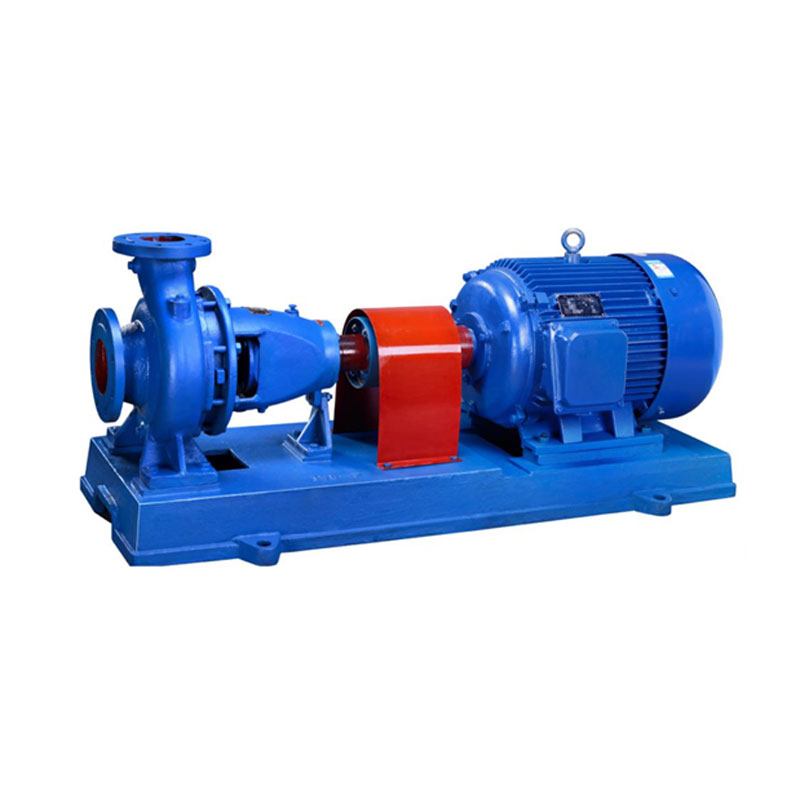Water Pumps: Essential Tools for Efficient Water Management
2025-06-10
Water pumps are indispensable devices that play a crucial role in moving water from one location to another. Whether it’s for agricultural irrigation, residential water supply, industrial processes, or emergency flood control, water pumps ensure that water reaches where it’s needed efficiently and reliably.

What Is a Water Pump?
A water pump is a mechanical device designed to transfer water by increasing its pressure and flow. It works by converting mechanical energy—often from electric motors or engines—into hydraulic energy, pushing water through pipes or channels.
Types of Water Pumps
Centrifugal Pumps: Use rotational energy to move water; ideal for clean water and widely used in homes and industries.
Submersible Pumps: Designed to operate underwater, commonly used for draining basements, wells, and sewage systems.
Jet Pumps: Use suction to draw water from deep wells; often used in residential water systems.
Diaphragm Pumps: Positive displacement pumps ideal for moving water with solids or chemicals.
Solar-Powered Pumps: Environmentally friendly pumps powered by solar energy, perfect for remote areas.
Applications of Water Pumps
Agriculture: Irrigation systems rely on pumps to deliver water to crops efficiently.
Residential Use: Providing water pressure for household faucets, showers, and appliances.
Industrial Use: Cooling systems, chemical processing, and wastewater management depend on robust pumps.
Emergency Situations: Flood control and firefighting utilize high-capacity pumps to move large volumes of water quickly.
Key Factors to Consider When Choosing a Water Pump
Flow Rate and Pressure: Determine how much water you need to move and at what pressure.
Water Type: Clean water, dirty water, or chemically treated water affects the pump type.
Power Source: Electric, diesel, gasoline, or solar-powered pumps depending on availability and application.
Durability and Maintenance: Pumps made from corrosion-resistant materials require less upkeep and last longer.
Maintenance Tips for Water Pumps
Regularly check and clean filters and screens.
Inspect seals and gaskets to prevent leaks.
Lubricate moving parts as per manufacturer’s guidelines.
Monitor for unusual noises or vibrations that may indicate problems.
Store pumps properly during off-season to avoid damage.
Why Water Pumps Matter
Reliable water pumps are critical to maintaining water supply and managing water resources effectively. They support agriculture, enable comfortable living, and keep industries running smoothly. Choosing the right pump and maintaining it well can save energy, reduce costs, and prolong its lifespan.
Final Thoughts
Whether you’re a homeowner, farmer, or business operator, understanding the different types of water pumps and their applications helps you make informed decisions. Investing in a quality water pump tailored to your needs ensures efficient water management and peace of mind.
Looking for the perfect water pump solution?
Browse our selection of high-performance water pumps designed for various needs and environments.


